
Writing at Our Lady of the Rosary




For the LORD gives wisdom; from his mouth come knowledge and understanding.
Proverbs 2:6




At Our Lady of the Rosary, we aim for our pupils to write for a purpose and for pleasure. We want our children to be confident writers, who enjoy the process of becoming an author. Being provided with the opportunity to write for a variety of purposes and audiences, means we aim for our children become independent and proficient writers.

Writing is an essential skill which allows children to fully access the curriculum and participate as a member of society, as well as develop culturally, emotionally, intellectually, socially and spiritually. We want our children to understand the power of the written word and the way it can entertain, inform, persuade and discuss.



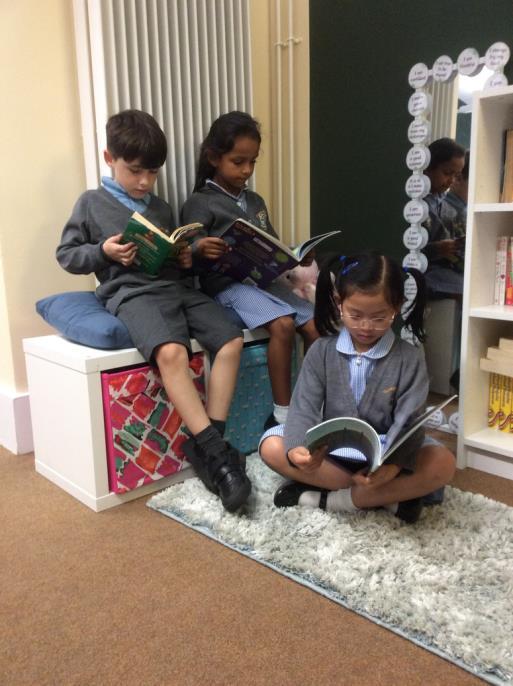

Our bespoke writing curriculum fully meets the National Curriculum Programmes of Study for writing. This is divided into the strands of: composition, vocabulary, grammar, punctuation, spelling and handwriting. Each year group has curriculum objectives to teach in English lessons and these are reinforced throughout the whole school curriculum.
We have organised the curriculum into a Curriculum Map, which enables children to ‘Write for a Purpose’. These purposes are:
• writing to ‘Entertain’
• writing to ‘Inform’
• writing to ‘Persuade’
• writing to ‘Discuss’




Each half term, pupils will be taught how to write for a purpose through a variety of genres. They will revisit these multiple times, each time building on their previous learning and developing their knowledge, skills and understanding of different genres.

The genres of writing are: narrative, description, instructions, explanations, letters, non-chronological reports, balanced and arguments,speechespersuasive , newspaper reports and recounts.





Teachers will use a range of texts to inspire their planning and teaching.
We will use a variety of pedagogical techniques to inspire and embed high-quality writing. These include: shared writing, guided writing, modelled writing, drama and role- play. Pupils are encouraged to edit and improve their writing continuously so that the purpose is clear. Children’s work is published throughout the year to ensure their work has purpose.











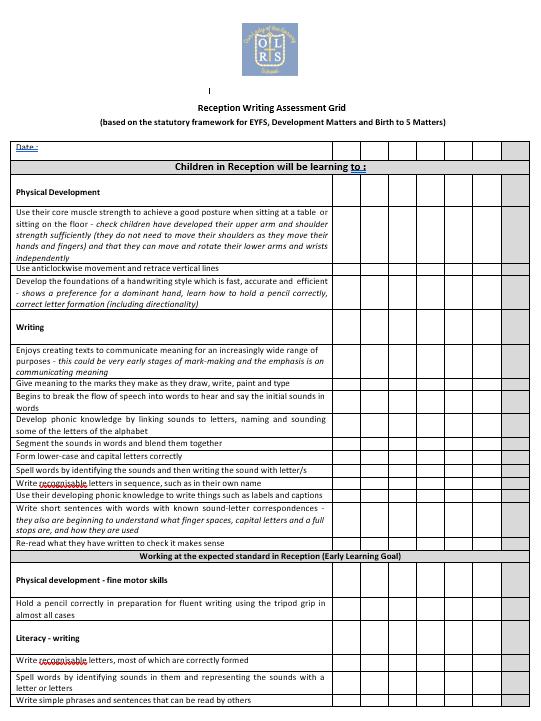
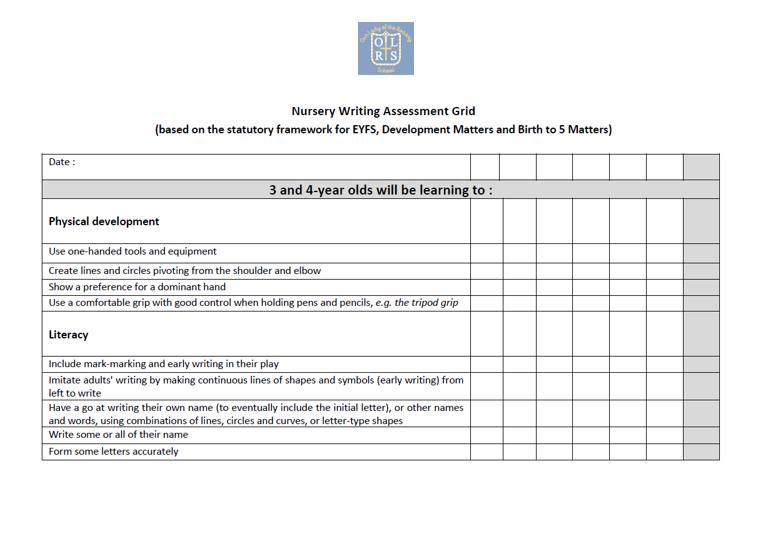









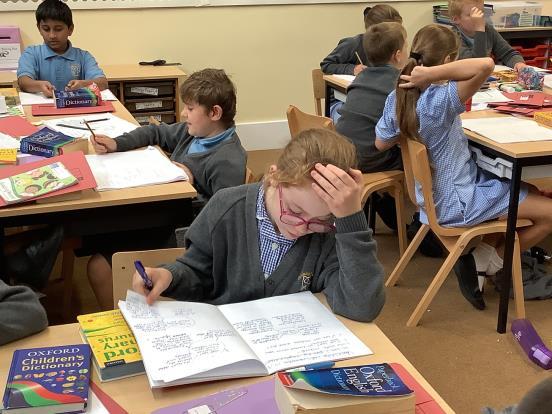

The introduction of a new genre in English will begin with a hook. This might be a letter written to the class, an image or a video to ensure that engagement is high. The children will be exposed to a range of vocabulary relevant to the genre and will be given opportunities to explore this vocabulary, discovering it’s meaning and how to apply it within their writing. The children will be shown exemplary examples of modelled writing and they will spend time unpicking and analysing it. They will be given a range of opportunities to verbalise their ideas through group discussions, role play and drama and paired talk. Throughout a unit of writing, grammar, punctuation and spelling rules are taught.



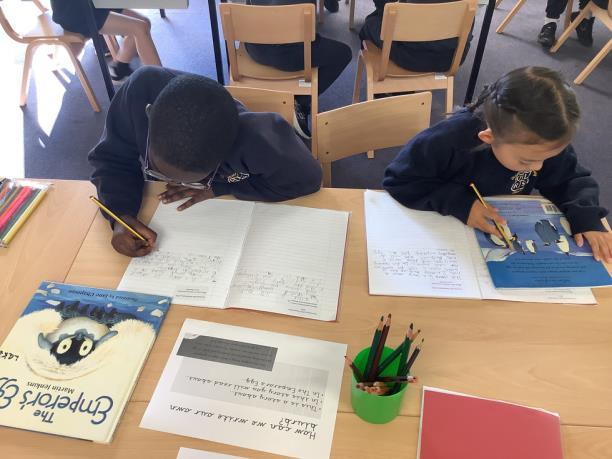

Retrieval starters are used ascertain what knowledge the pupils have committed to their long term memory. Lessons are scaffolded to meet the needs of the children. With the use of note books, the pre-teaching of vocabulary, modelled examples and images, all children are able to access and achieve. Challenges are provided to extend and move children’s learning forward. In the moment, verbal feedback is used as much as possible to enable children to edit and improve their work during the lesson. Explicit editing skills are taught and children are given the opportunity to improve their work as they write.






We assess children’s work in writing by making judgements as we observe them during English lessons. Teachers mark completed work and give verbal or written feedback and the children are encouraged to move their learning on through the use of next step questions. Extended writing is assessed against assessment grids which are in line with the National Curriculum. We take time to moderate writing across the school each term to ensure judgements are fair and consistent. The results of these assessments are recorded and reported back to the headteacher, subject leader, pupils and pupils’ parents. We use these assessment results to plan future work with pupils, and to transfer information on to the next teacher at the end of the year.



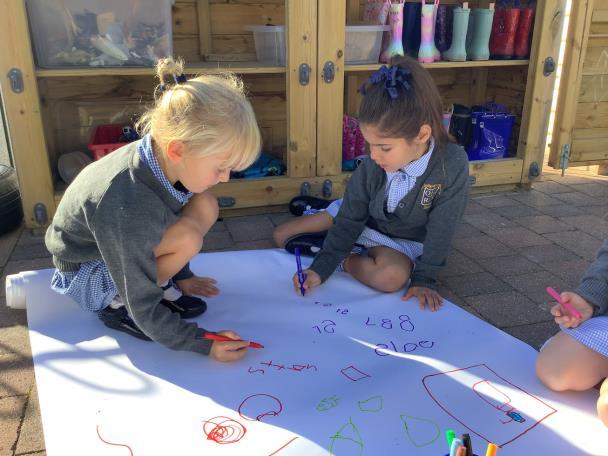



There are many enrichment opportunities in English throughout the year. The children take part in whole school writing projects which cover a range of genres, such as stories about the mischievous elves at Christmas, persuasive writing to convince a judge as to whether Goldilocks of innocent or guilty and the discovery or a mysterious giant egg on the playground. The stimulus for these enriching activities range from videos, images, voice recordings scenes set up within the school.



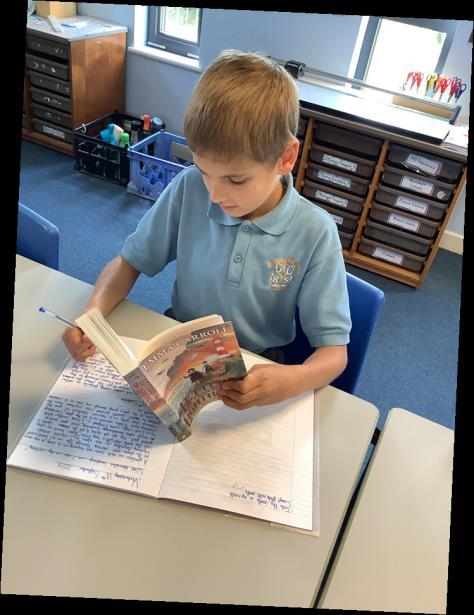
“I like writing because I can express myself onto the paper. We have done lots of fun writing projects at school but one of my favourites was writing about the cheeky adventures of the elves.” – Year 5.
“I love writing stories and I really like it when someone else reads my story and enjoys it.”- Year 2

“The teachers teach us in a really interesting way. For example, they show us how to use different adjectives to make our writing really interesting.” –
Year 3
“I like it when our writing is a competition. It makes me want to do really well and make my writing as good as it can
Year 4
be.” –
“I know I am good at writingbecause my teacher tells me what she likes about it.”
Reception




Creating a curriculum map and focusing on two genres per half term has allowed children to explore and learn that genre in greater depth, improving the standard of writing across the school.
Allowing children the opportunity to make choices within their writing has improved children’s engagement and enthusiasm to write.

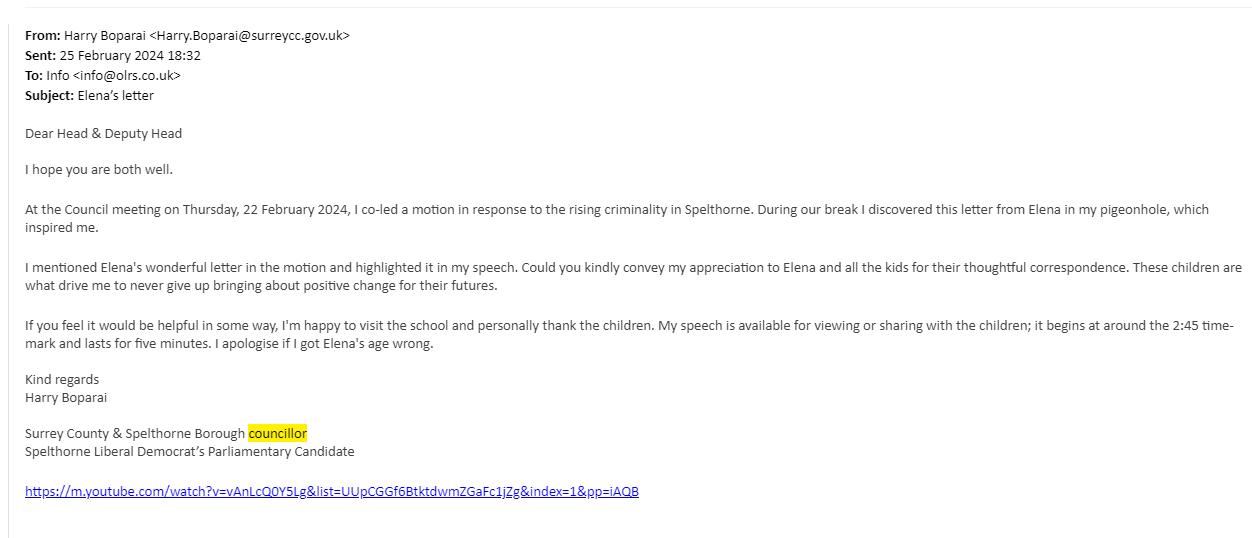
Ensuring the children feel like their writing has a purposes has been instrumental in the improvement of writing standards. By publishing their work, they know it is being read and enjoyed by others. We have had many successes since publishing work, such as responses from local council officers, messages from local senior care homes where children’s stories have been enjoyed and comments from parishioners who have enjoyed reading the children’s writing in the church newsletter.

